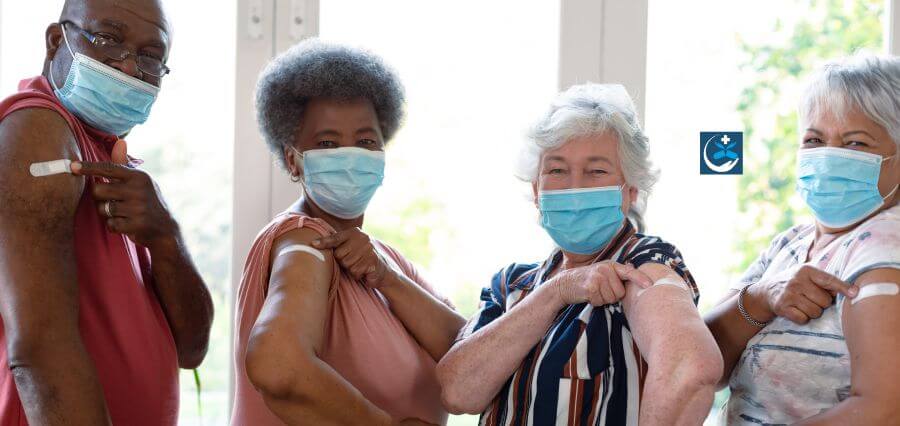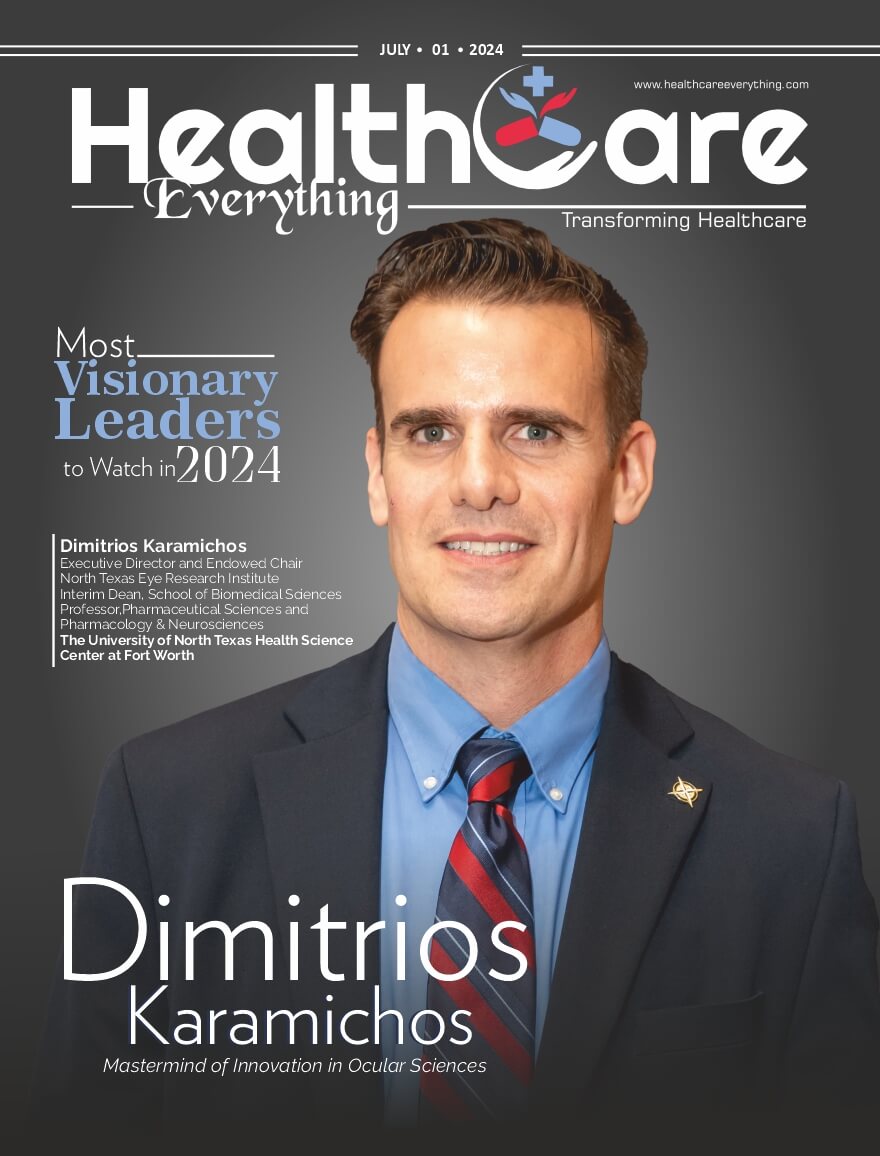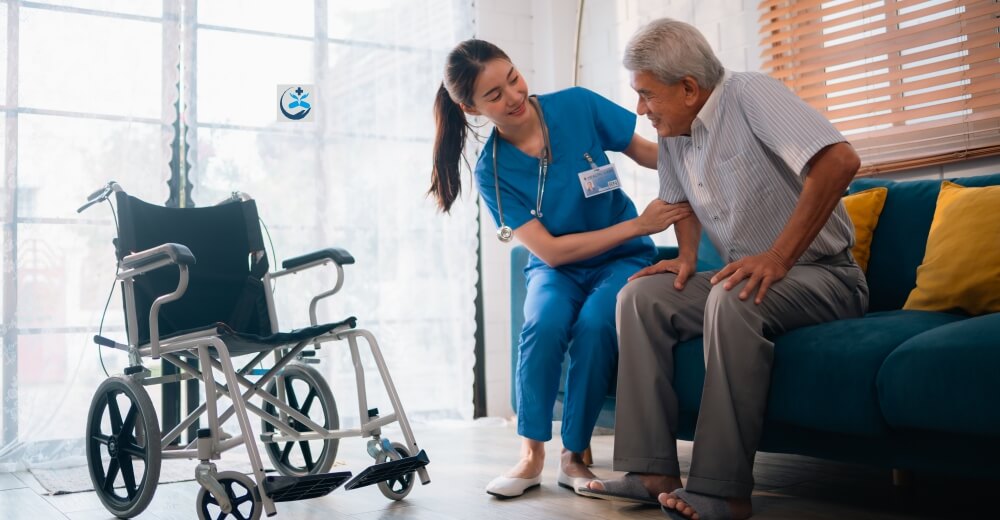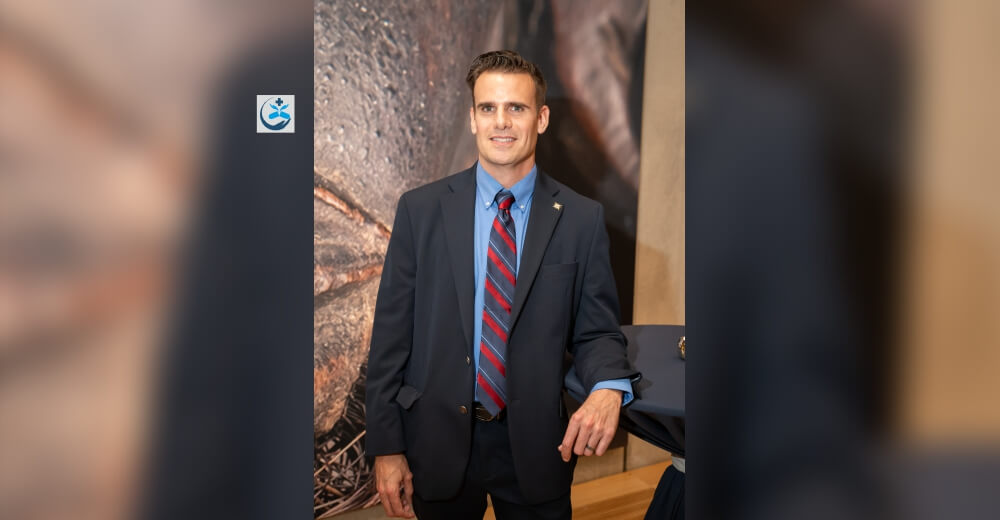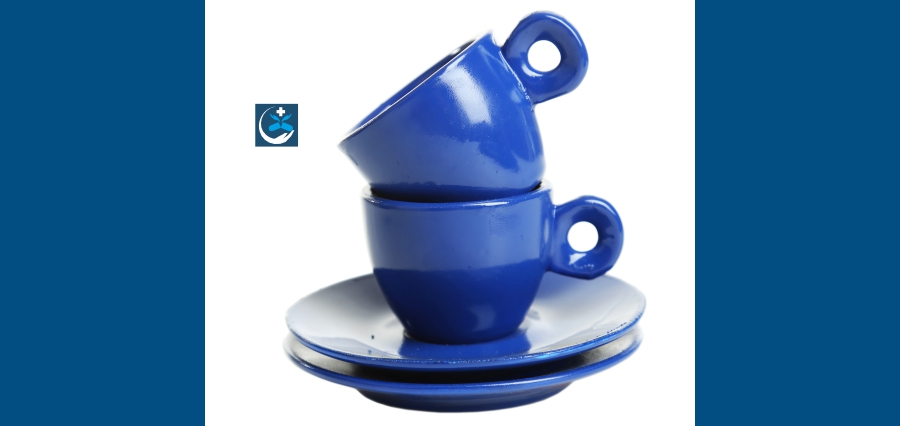Little children’s vaccinations have received a lot of attention due to the surge in measles and whooping cough cases. However, elderly people are also extremely exposed. According to EenVandaag, immunologists support a national immunization program for the elderly.
In the first four months of this year, 7,187 cases of whooping cough were documented in the Netherlands, according to a report released earlier this week by the RIVM. It also included seventy-four measles diagnoses. These illnesses can pose a serious risk to young children and the elderly due to their high contagiousness.
“The immune system decreases due to aging, which makes the elderly vulnerable,” Debbie van Baarle, an immunologist at the RIVM and professor of Immunology of Vaccinations at the University of Groningen, told the program. “And because the elderly are more vulnerable to infectious diseases, they need extra support to protect them. That can be done through vaccination.”
Senior immunologist Dimitri Diavatopoulos of Radboudumc concurs that immunization is a good idea. “If you can protect the elderly by offering a vaccine, then I think it will have a lot of direct health benefits for those people because the burden of disease will be reduced among this group.”
Many older folks had their childhood whooping cough vaccinations. However, microorganisms evolve, so it’s doubtful that a vaccination from decades ago can provide adequate defense. Every ten years, a number of nations, like Australia and Austria, provide a second immunization to the elderly. That’s a solid start for the Netherlands, according to Van Baarle.
However, a comprehensive immunization schedule that covers measles, whooping cough, flu, shingles, pneumococcal illness, and the RS virus would be ideal for the elderly, according to the two immunologists. “I am certainly in favor of that. I think that the risk of infectious diseases does not stop at the age of 18,” Van Baarle said. “We should actually work towards a life-course vaccination, where you can use multiple vaccines over your entire life so that everyone is optimally protected.”
According to Diavatopoulos, a national immunization program would further streamline matters. For certain immunizations, older persons currently visit the GP, while for others, they visit the GGD. It’s too disjointed. A senior immunization program makes sense since it may be much more well-run. Then, individuals can receive all the vaccinations they require in one location.
Read More: Click Here

